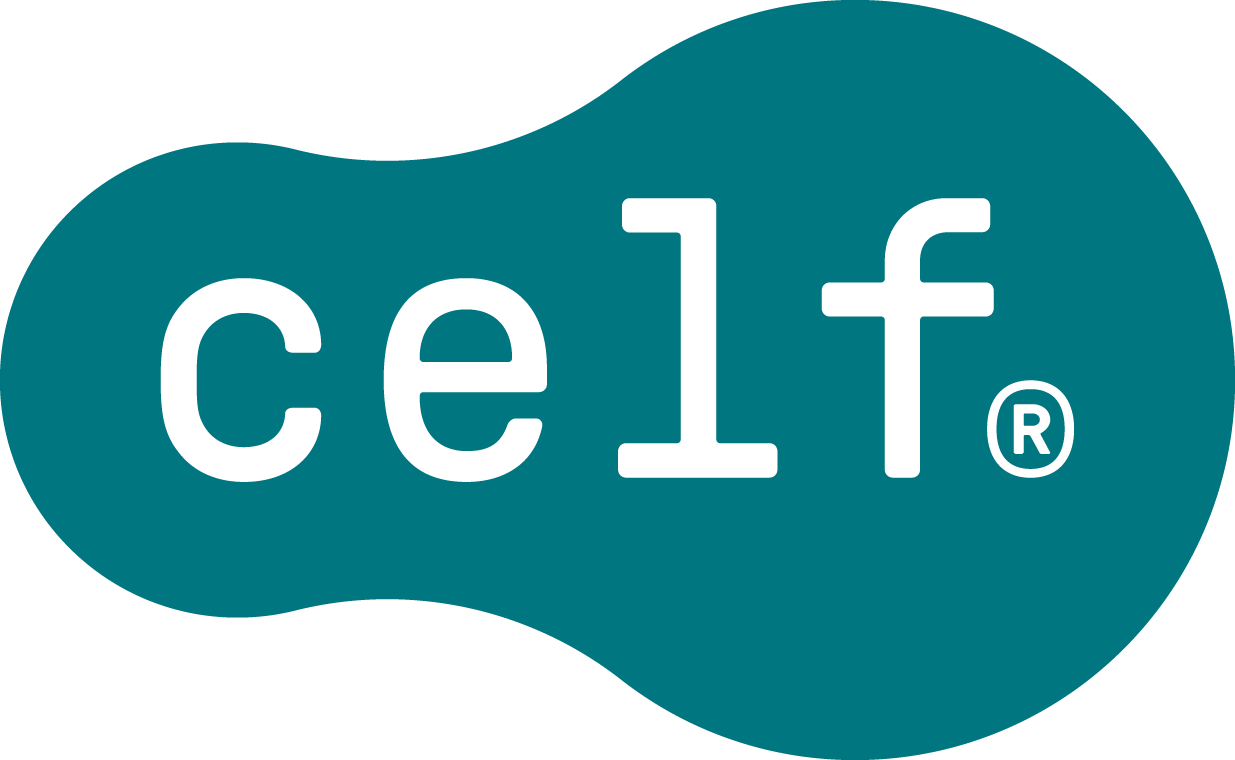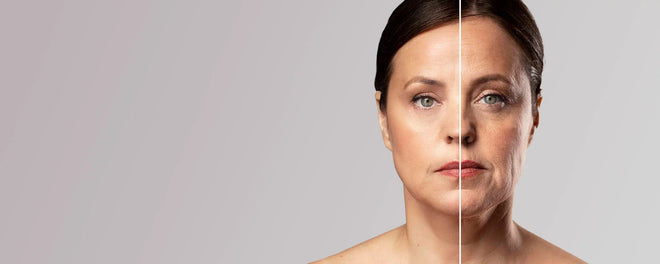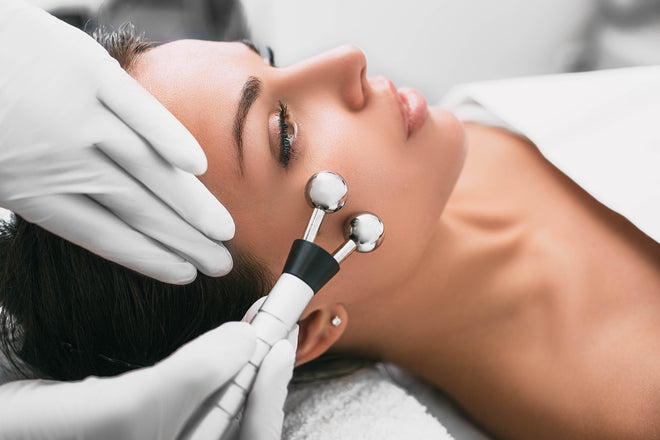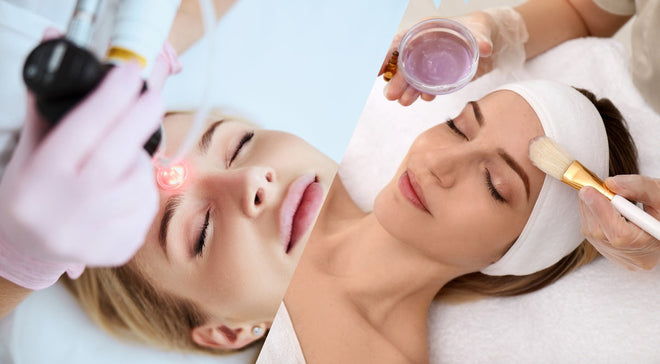Ice Rolling Your Face: Top Benefits, Risks & How to Use It Right
Table of Contents
Ice Rolling Your Face: Benefits, Risks & Techniques
Introduction: Why Is Ice Rolling So Popular?
Are you ready to enter the ice age—for your skin?
From TikTok trends to backstage beauty rituals, ice rolling has become a modern skincare sensation. It promises a brighter, smoother complexion and a more sculpted face—all through a simple cold roller. Celebrities love it. Dermatologists chime in. But is it actually revolutionary or just packaged as nostalgia?
Ice rolling is a form of cryotherapy, a method rooted in cold-temperature skincare. It’s not new—but it’s been reimagined for the skincare era we live in.
What does science actually say about its benefits and limits? And how does it compare to next-gen tools like CELF Microvibration Therapy, which go far deeper than the surface chill?
Let’s explore.
👉 Learn how CELF works beneath the surface for real results → Discover CELF
What Is Ice Rolling? A Scientific Overview
Ice rolling is a targeted, at-home version of facial cryotherapy. Using a chilled roller, users apply cold temperatures directly to the skin to achieve:
-
Vasoconstriction: Briefly constricts blood vessels to soothe inflammation
-
Lymphatic drainage: Pushes excesss fluid away from the face
-
Rebound circulation: As skin returns to normal temperature, blood flow elevates - delivering oxygen and nutrients to the skin
Improved circulation leaves skin looking brighter and refreshed, while regular use can lead to a more defined jawline and reduced eye puffiness over time.Think of it like cold compress therapy, but with a modern twist.
Science-Backed Benefits of Ice Rolling
Here’s what dermatologists and peer-reviewed studies suggest ice rolling can do:
|
Benefit |
How It Helps |
|
De-Puffs |
Soothes inflammation and removes fluid around the eyes and jawline |
|
Firms Temporarily |
Cold exposure tightens skin and minimises visible pores |
|
Boosts Glow |
Increased blood flow improves tone and radiance |
|
Calms Irritation |
Can reduce temporary redness, sensitivity, or post-treatment reactivity |
|
Enhances Absorption |
Applying serums before or after may improve ingredient uptake |
Pro Tip: Apply a hydrating serum first, such as hyaluronic acid. Then follow with CELF Microvibration Therapy to push ingredients deeper into the skin and prolong results.
Risks & Limitations: What Ice Rolling Won’t Do
Despite the glow-up, ice rolling has real limitations:
-
Short-Lived Results
Skin-tightening, glow, and de-puffing effects fade within hours -
Not for Everyone
Not suitable for rosacea, broken capillaries, or very sensitive skin—cold can aggravate these conditions -
Risk of Overuse
Continued use (particularly on bare skin or with metallic devices) can lead to micro-tears, flakiness, or cold burns -
⚠️ Not a Collagen Booster
It doesn’t stimulate collagen production or repair at a cellular level
Dermatologist’s Take:
“Skincare is about consistency—not quick fixes. Like exercise, what you do daily matters more than what you do once a month.”
— Dr. Todd Schlesinger, Board-Certified Dermatologist
Ice Rolling 101: Safe and Simple Guide
Step 1: Begin with Clean Skin
Wash and dry your face to avoid driving in bacteria.
Step 2: Prepare Your Tool
Disinfect it before use. Wrap metal rollers with a soft cloth to reduce risk of skin burns.
Step 3: Roll with Purpose
Use upward and outward strokes. Glide smoothly over the cheeks, jawline, under-eyes, and temples.
Step 4: Follow Lymphatic Pathways
Target fluid-prone areas—especially around the eyes and jaw.
Step 5: Apply Serums Immediately
Your skin is primed. Follow with hydrating serums or actives.
👉 Pro Tip: Pair with CELF Microvibration Therapy afterward to extend glow and support absorption at the dermal level.
Ice Rolling vs CELF: What’s the Real Difference?
|
Feature |
Ice Rolling |
CELF Microvibration Therapy |
|
Improves Circulation |
✅ |
✅✅ (Deeper & longer-lasting) |
|
Supports Collagen Production |
❌ |
✅ (Stimulates fibroblasts) |
|
Boosts Product Absorption |
❓ |
✅ (Deep active delivery) |
|
Firming Effects |
⏱️ Temporary |
📈 Progressive over time |
|
Suitable for Sensitive Skin |
⚠️ Risk of irritation |
✅ Gentle & non-abrasive |
|
Session Time |
⏱️ 5–10 mins |
⏱️ 1–2 mins |
Conclusion
Ice rolling offers refreshing, short-term effects. But for long-term skin health, elasticity, and product performance, CELF delivers evidence-backed results with minimal effort.
👉 See how CELF stimulates real skin renewal
Should You Ice Roll—or Use CELF?
Ice Rolling May Work If You:
-
Get occasional puffiness
-
Want a quick morning refresh
-
Prefer a minimal skincare routine
CELF Is Likely Better If You:
-
Are addressing dullness, fine lines, or early skin laxity
-
Want more substantial serum penetration and hydration
-
Struggle with product performance or skin tone clarity
-
Prefer a clinical-grade, evidence-backed routine
Pro Routine: Combine Cold Rolling + CELF for the Ultimate Glow
Morning (AM)
-
Cleanse skin
-
Use CELF for 2 minutes to awaken circulation
-
Apply hydrating serum
-
Ice roll gently to seal in product and de-puff
Evening (PM)
-
Cleanse and ice roll to soothe post-day redness
-
Apply retinol/peptide/hydrating serum
-
Use CELF again to support repair and absorption
Bonus: Apply CELF after a mask or mild exfoliant to maximise results.
Final Thoughts: Ice Cool, CELF Smart
Ice rolling is a fun skincare ritual—but its benefits fade fast. If your skin goals include lasting firmness, hydration, and deeper rejuvenation, CELF is your high-tech companion in everyday skin resilience.
Try CELF and feel the lift.
Shop CELF Microvibration Therapy Now
FAQs
Are ice rollers really good for your face?
Yes, ice rollers are great for your face. They can reduce puffiness, soothe inflammation, tighten pores, and improve blood circulation, especially when used in the morning. Regular use can give your skin a refreshed, glowing look.
What are the disadvantages of rubbing ice on the face?
While ice rolling offers benefits, overuse or applying ice directly can lead to skin irritation, broken capillaries, or dryness. Always use a proper roller or wrap ice in a clean cloth and limit use to 1–2 minutes per area.
What happens if I ice roll my face every day?
Daily ice rolling can reduce facial swelling, improve product absorption, and tighten skin over time. However, avoid overdoing it to prevent sensitivity—2–5 minutes once a day is generally safe and effective.
How often should I ice roll my face?
For most skin types, 3–5 times per week is ideal. If your skin tolerates it well, you can ice roll once daily, preferably in the morning to reduce puffiness or at night for relaxation.
What is the best time to use an ice roller on your face?
The best time to ice roll is in the morning, to reduce puffiness and tighten skin, or at night, to calm skin and enhance absorption of serums and creams.




